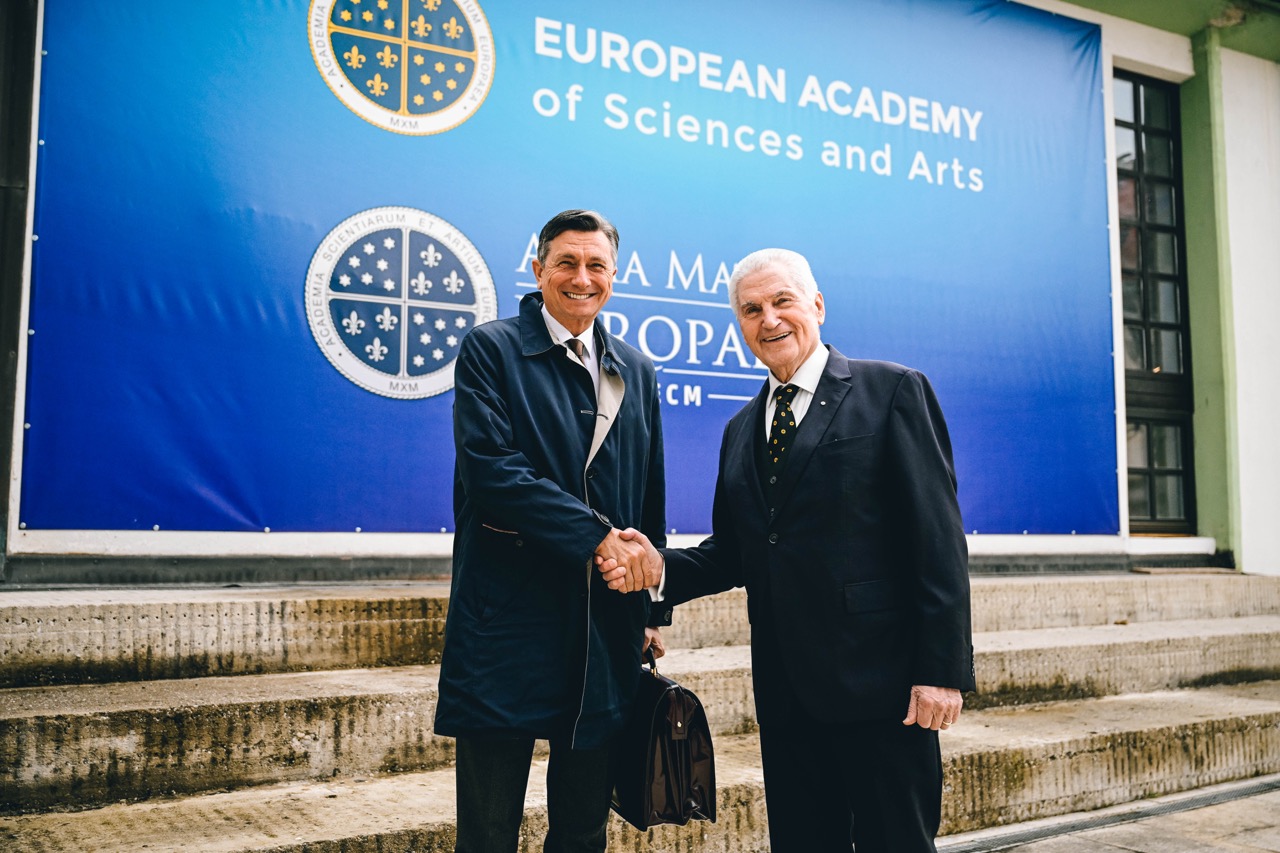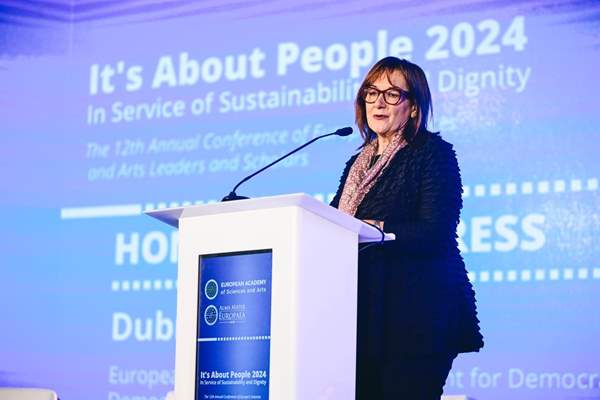
European Commissioner Šuica in Maribor: Europe needs intergenerational solidarity
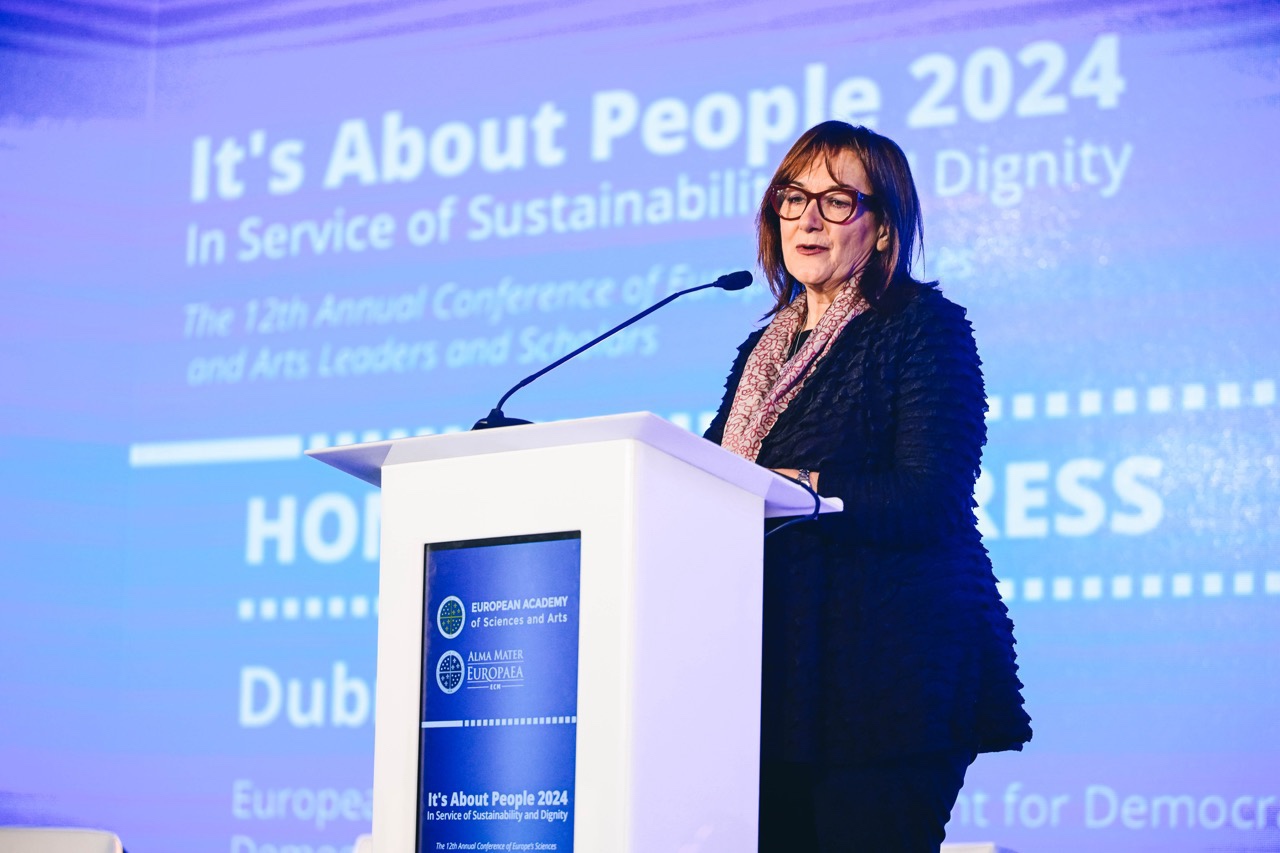
Šuica in Maribor: Europe needs intergenerational solidarity "We must be aware that demographic factors affect broader crises - so we can react proactively and productively. Europe needs intergenerational solidarity," says Dubravka Šuica, Vice-President of the European Commission for Democracy and Demography, at today's opening of the 12th Annual Conference of Europe's Sciences and Arts Leaders and Scholars, It's About People 2024: In the Service of Sustainability and Dignity.
Alma Mater Europaea - ECM is organizing the conference together with the most representative European academic institution in Europe, the European Academy of Sciences and Arts.
"The demographic picture of the world is changing. The population's life expectancy is increasing, representing a greater burden on the pension and health systems. If we live longer, we also work longer. Why restrict some if they still want to work? There is not enough labor in Europe; we are shrinking. How will we compete with India? If this continues, Europe will represent only 4 percent of the world's population in 2070. How can it be a leading force? We need a flexible retirement policy that will allow for longer life expectancy. Robotics and artificial intelligence cannot completely replace humans. Education is much slower than the development of technology and artificial intelligence, so we encourage lifelong learning," Šuica points out before concluding that the European Commission has a well-laid plan for the recovery and resilience of Europe and its future generations. "It is important to prepare for future crises and ensure that the perspectives of all generations are taken into account in policy-making."
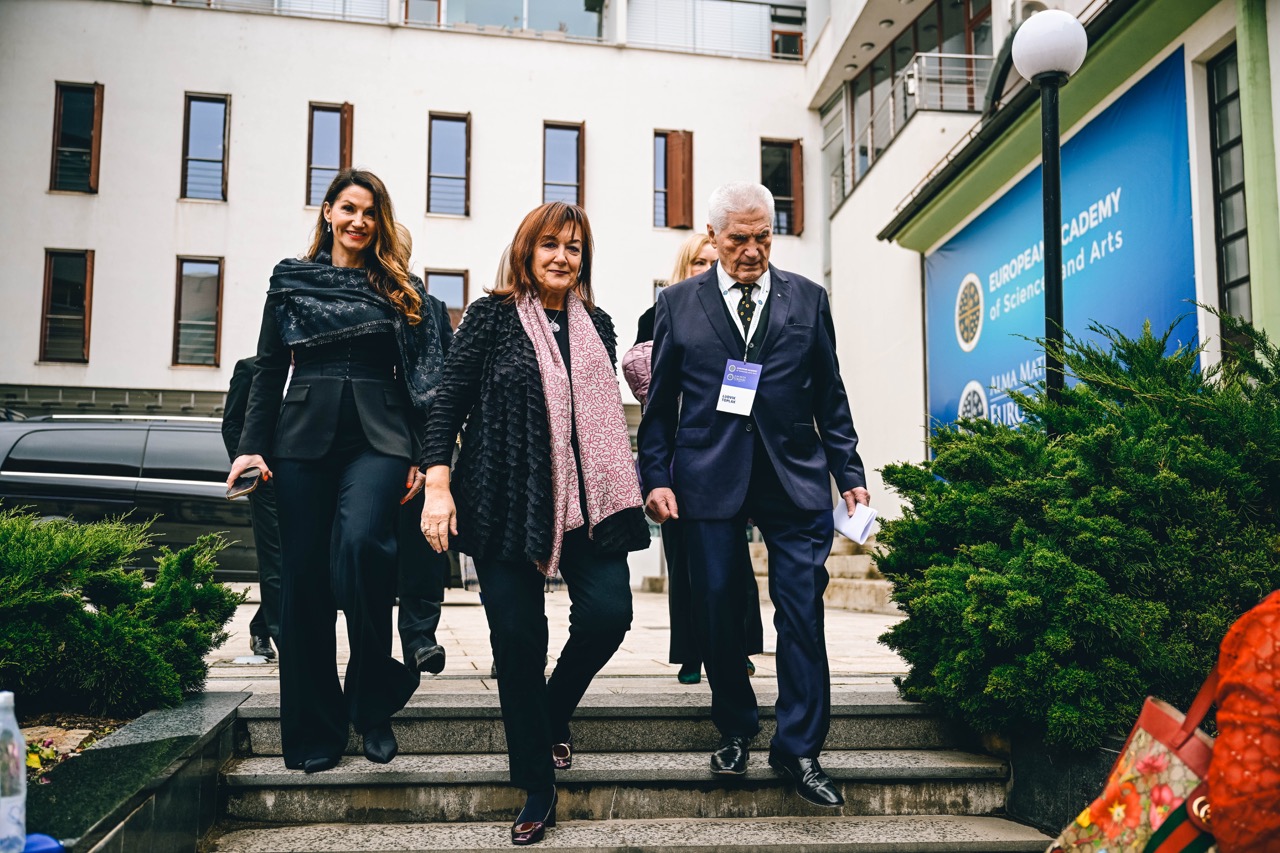
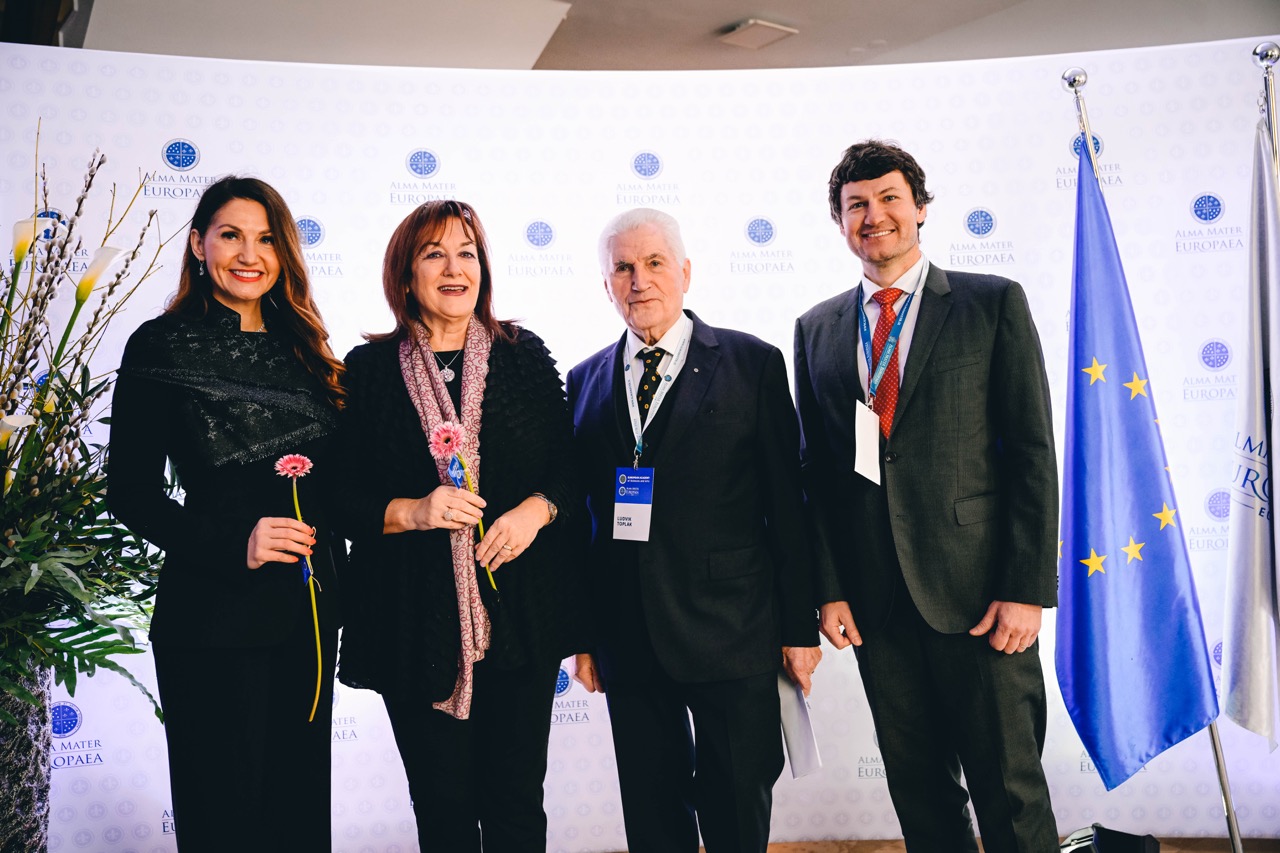
This year's conference topic is society's current challenges in the interconnectedness of valuing humanity at a time when the world is faced with various forms of rebarbarization. Professor Ludvik Toplak, President of Alma Mater Europaea – ECM, says: "The conference will be dedicated to academic research and technological progress for the needs of society in valuing humanity, conserving natural resources, and considering demographic changes. Key aspects include intergenerational equality, the sustainable use of resources, and meeting development needs."
The event, among the most prestigious of the world's scientific conferences, which runs until March 13, is hosting eminent scientists, scholars, and thought leaders who will exchange perspectives on a global level and encourage cooperation toward a sustainable and decent future.
Professor Jurij Toplak, also president of the organizing committee, confirms: "There will be over 250 authors from more than 30 countries. Among them are academics from the most prominent universities, such as Harvard, Stanford, University College London, King's College London, the University of British Columbia, ETH Zurich, and others. They will present diverse academic perspectives, knowledge, and innovations."
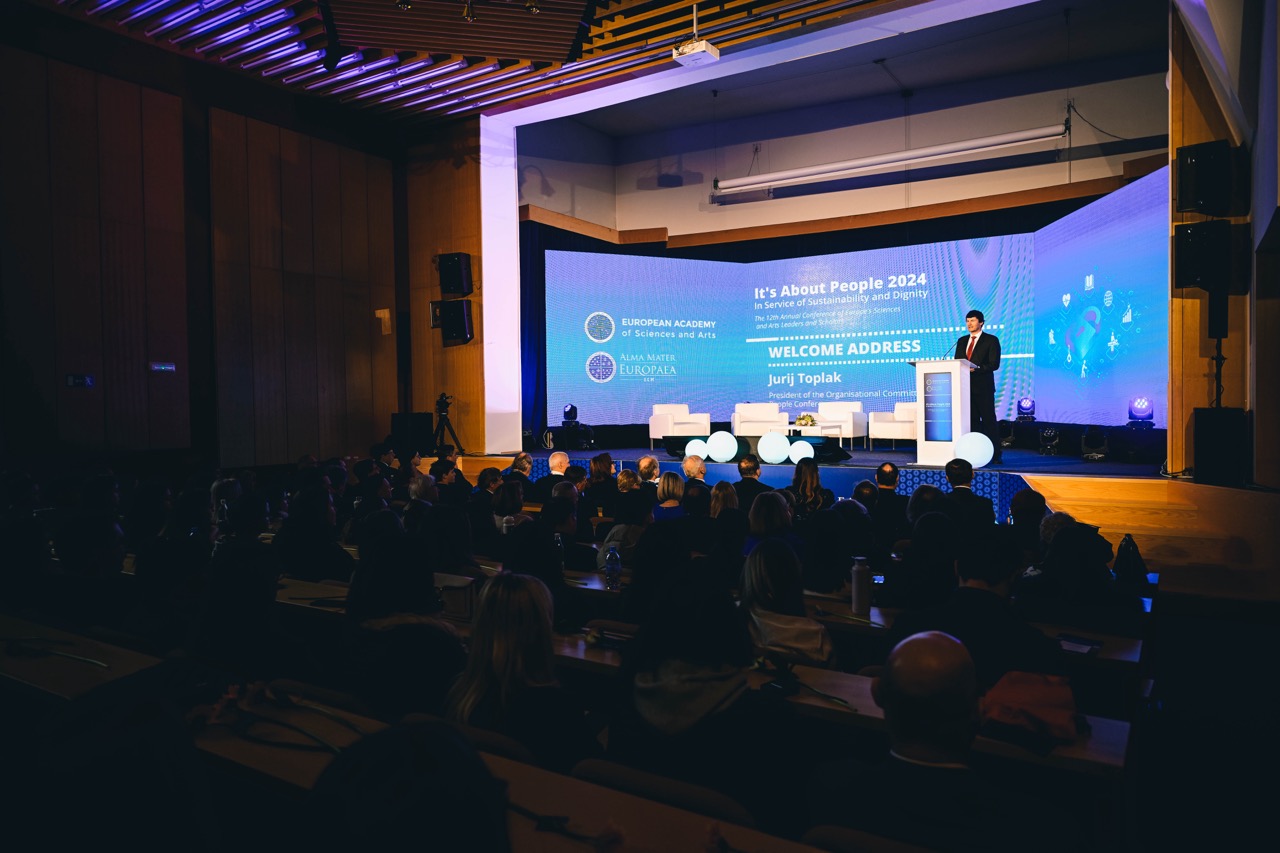
Professor Klaus Mainzer, President of the European Academy of Sciences and Arts, supported this position in his keynote speech: "We need platforms of interdisciplinary dialogue to choose transdisciplinary problems and to cluster new portfolios of innovations. Integrating natural and engineering sciences with arts and humanities can only be realized if the research training programs generate considerable value in terms of multidisciplinary experience, international networking, scientific and entrepreneurial know-how, and humanities." Mainzer was awarded an honorary doctorate for outstanding achievements in philosophy and science and essential academic and organizational contributions to the development of Alma Mater Europaea – ECM at a special ceremony during the plenary session.
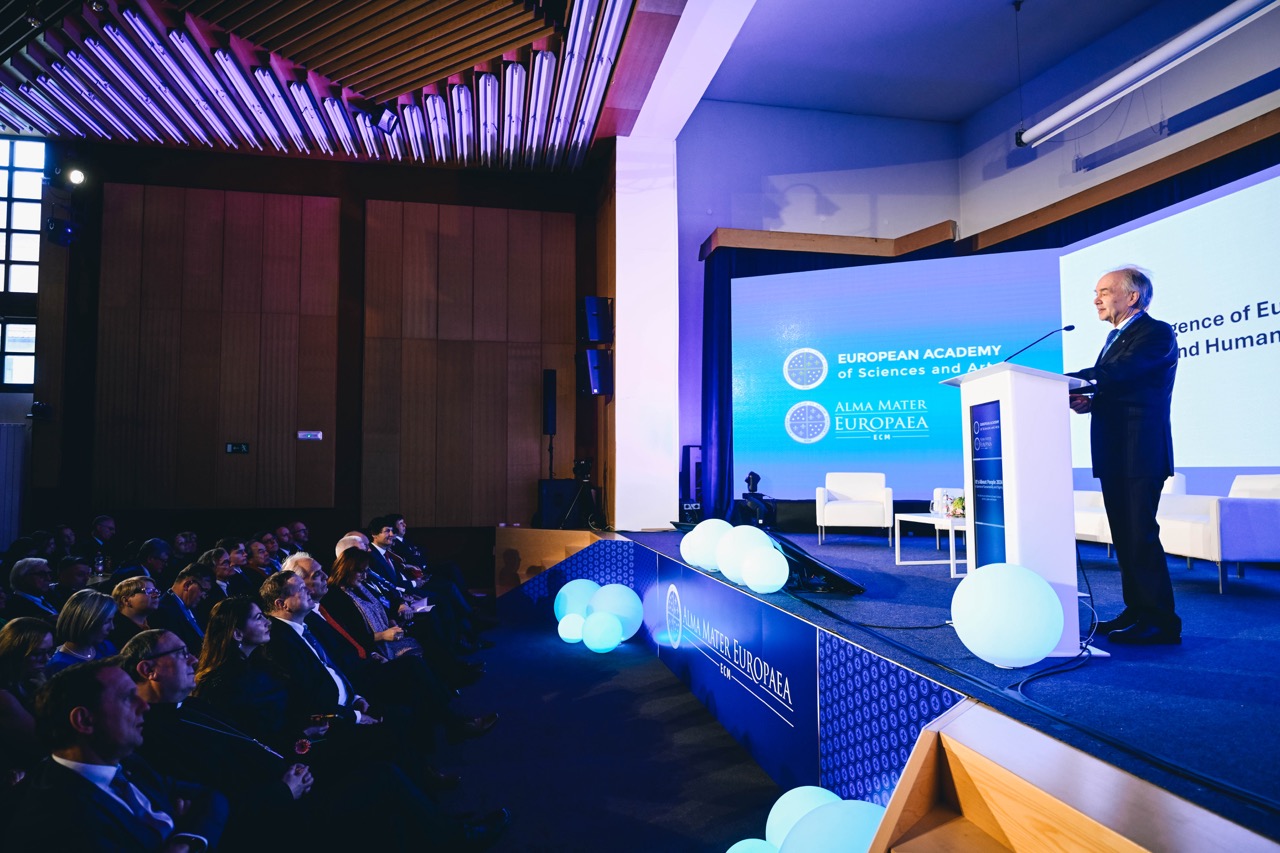
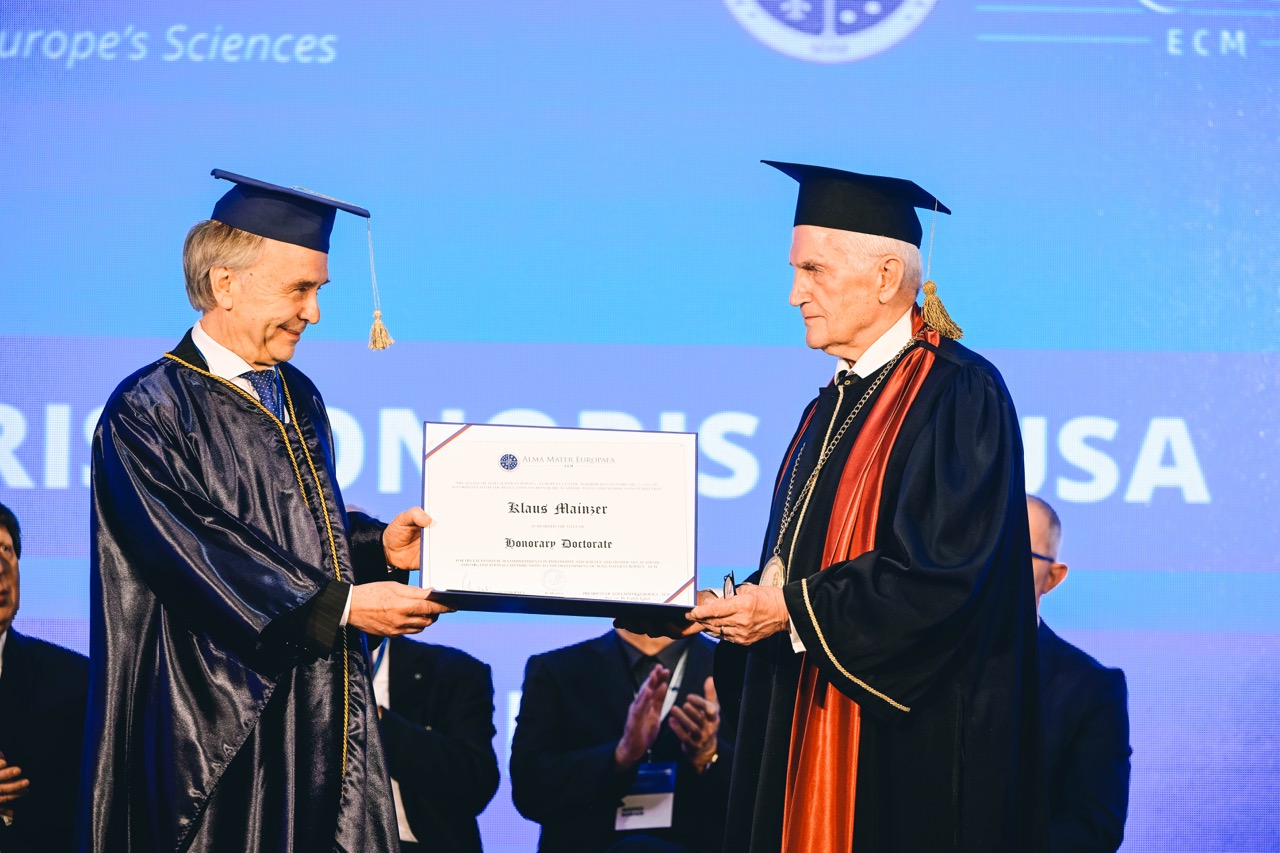
As Borut Pahor, President of the Republic of Slovenia 2012-2022, neatly summarized: "The time has come for the EU to think about and decide its institutional consolidation to become an autonomous and influential international player."
